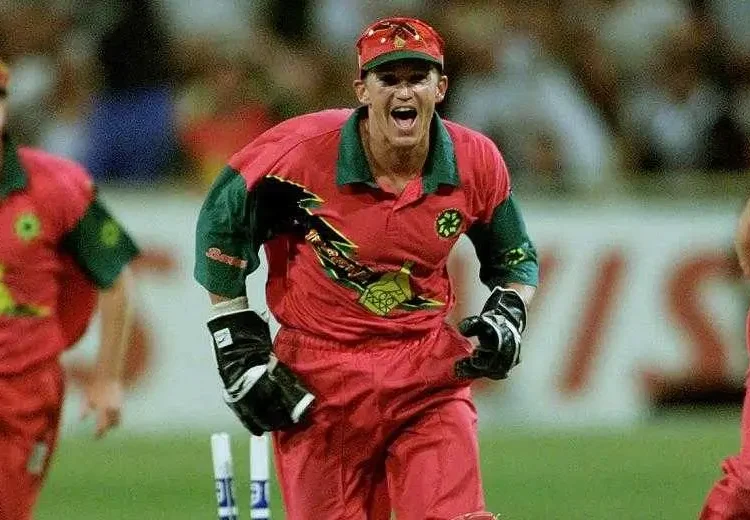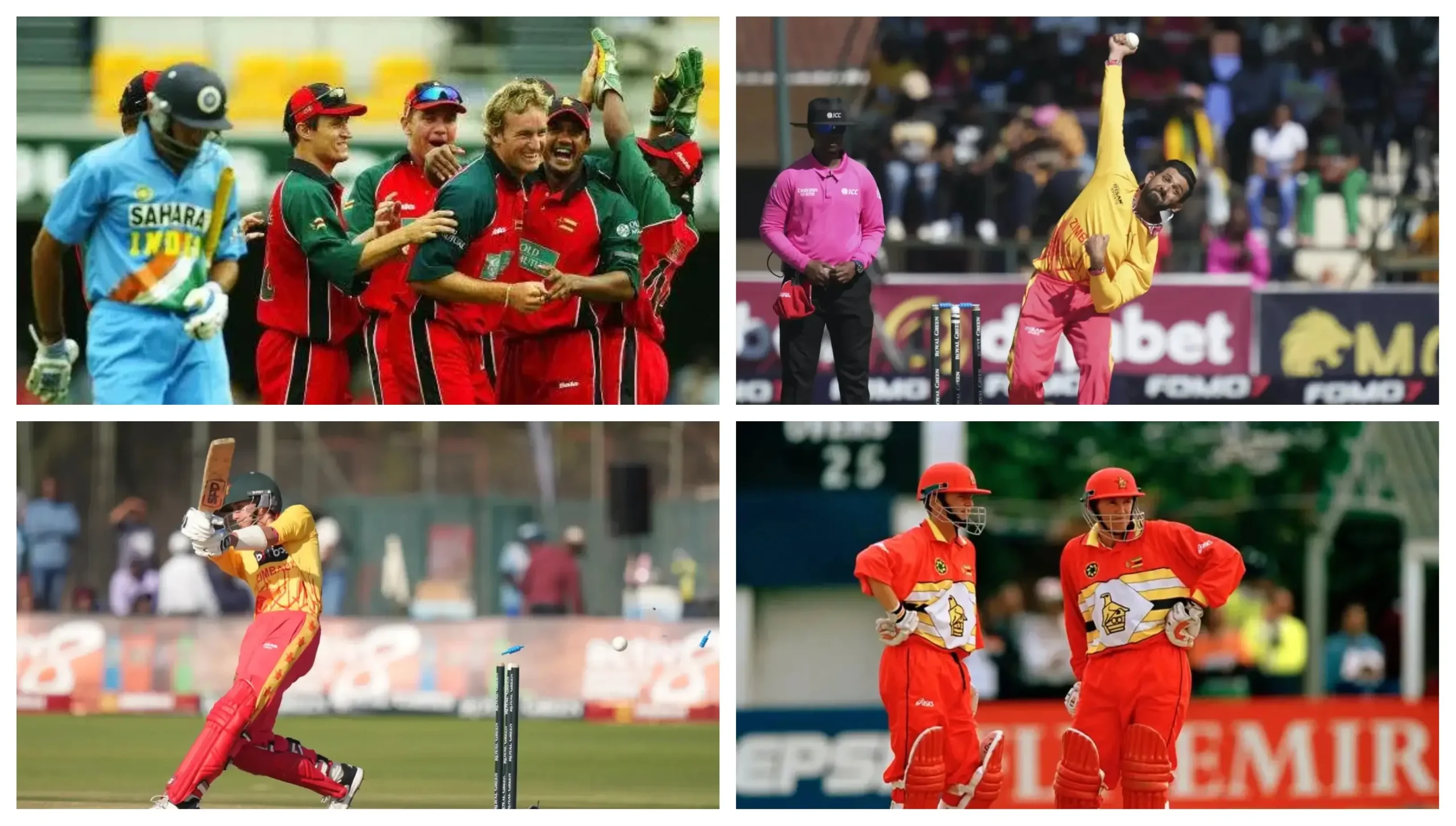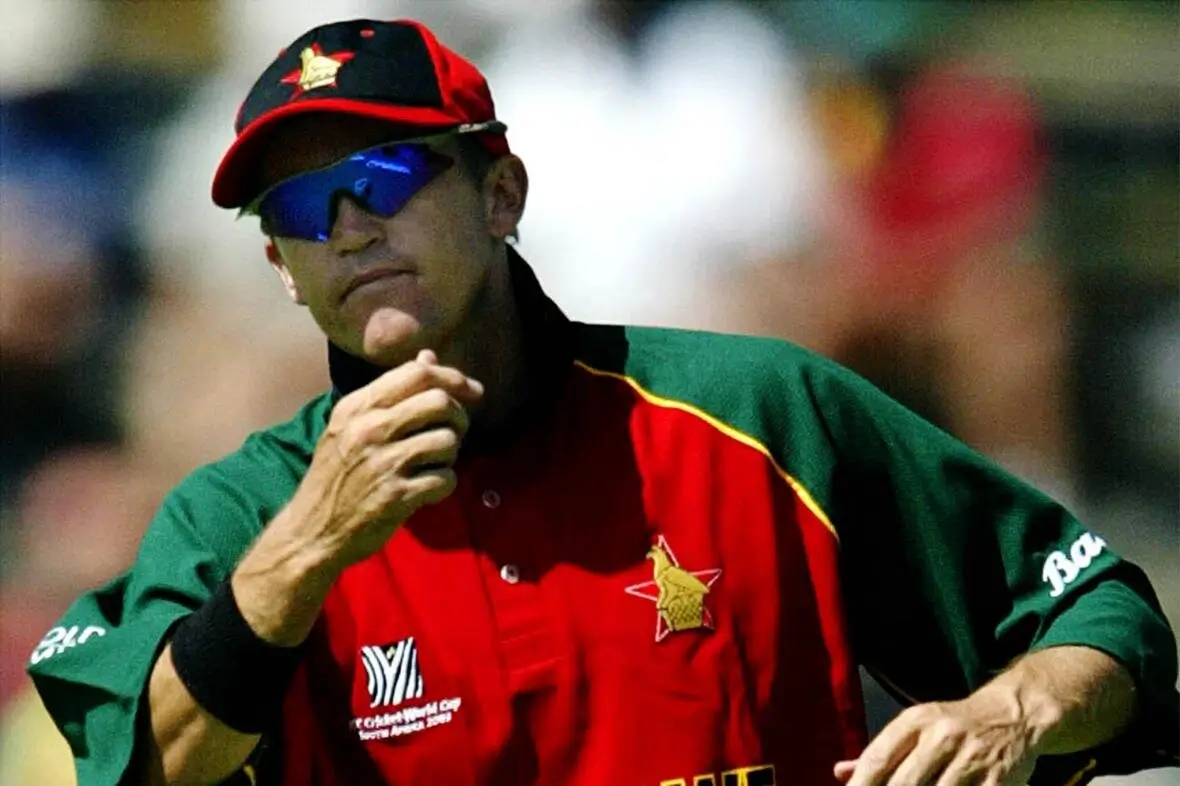The 2003 Cricket World Cup was more than just a sports event. It was a moment when cricket got tangled up with politics. Hosted by South Africa, Zimbabwe, and Kenya, the tournament happened during a tough time in Zimbabwe. The country’s leader, Robert Mugabe, was causing big problems, and the world wasn’t happy. This led to drama that made the World Cup unforgettable, for reasons beyond the game.
England’s team decided not to play their match in Zimbabwe. Two Zimbabwean players protested during a game. These moments showed how sports can reflect real-world issues. In this article, we’ll dive into what happened, why it mattered, and how it changed cricket due to their first-class experience.
Zimbabwe in 2003: A Country in Chaos
In 2003, Zimbabwe was a mess. Robert Mugabe had been president for years, and his choices hurt the country. People were hungry, scared, and angry. The world was watching closely.
Mugabe took land from farmers, which stopped food from being grown. This caused hunger and poverty. He also stopped people from speaking out. If they did, they could be arrested or worse. These human rights issues made other countries upset. Many placed sanctions—rules to punish Zimbabwe, hoping Mugabe would change. He didn’t.
The Cricket World Cup: A Stage for Trouble
The 2003 Cricket World Cup was the eighth big tournament for the sport. It had 14 teams and was meant to grow cricket in Africa. Zimbabwe was picked as a co-host, but its problems cast a dark shadow.
Zimbabwe’s hosting was a chance to show off African cricket. But with all the political unrest, people asked: Was this the right place? The International Cricket Council (ICC), which runs cricket, said yes. They wanted sports to stay separate from politics. Not everyone agreed.
Politics Hits the Field
The trouble in Zimbabwe didn’t stay off the cricket field. It changed how the tournament played out. England’s team faced a big decision. Their match was set for Harare, Zimbabwe’s capital. But they were worried about safety and didn’t like Mugabe’s actions. After days of talks, they chose not to go. England’s captain, Nasser Hussain, said, “We couldn’t pretend everything was okay.” They lost points for skipping the game, but many fans cheered their stand like the Indian Team.
Players Speak Out
Two Zimbabwean players, Andy Flower and Henry Olonga, did something brave. During a match, they wore black armbands to protest. They said it was for the “death of democracy” in Zimbabwe. “We wanted the world to see,” Flower later explained. Their act got huge attention and showed how sports can send a message.
The Courage of Flower Brothers and Olonga: A Stand Against Tyranny
This heading dives into the powerful protest by Zimbabwean cricketers Andy Flower and Heath Streak. During the tournament, they wore black armbands to mourn the “death of democracy” under Robert Mugabe’s regime. It’s a chance to explore their bravery, the dangers they faced—like being forced to leave their country—and how their actions turned cricket into a stage for political defiance.
This heading looks at how the 2003 World Cup forced the cricketing world to face tough questions. The International Cricket Council (ICC) had to rethink hosting events in politically unstable nations after England refused to play in Zimbabwe. It’s about the bigger picture—how this moment influenced cricket’s rules and showed that sports can’t always stay neutral.
This heading focuses on what happened after 2003. Zimbabwe’s cricket scene took a hit, with players leaving and the team’s strength fading after beating teams like India in 2024. Meanwhile, the ICC grew more cautious about tournament locations. It’s a look at the long-term effects—both the struggles and the lessons that shaped cricket, especially in Africa.
Zimbabwe’s Cricket Fans: Caught in the Crossfire of Politics
This heading shines a light on the local Zimbabwean fans who were sidelined by the political turmoil and England’s boycott. It explores how their excitement for a global sporting event turned to frustration as politics took center stage, leaving behind the godfathers of cricket.
This heading tackles the challenges journalists faced while reporting on the 2003 World Cup. It looks at how they juggled covering the cricket with the overshadowing political unrest, offering a behind-the-scenes view of the media’s role.
This heading zooms out to the bigger picture, examining how the 2003 Zimbabwe World Cup influenced the future of sports in politically unstable regions. It highlights the lasting lessons for global sporting bodies like the ICC.
Conclusion
The 2003 Zimbabwe World Cup showed that sports and politics can’t always stay apart. It raised big questions: Should teams play in troubled places? What’s more important—sports or standing up for what’s right? The answers aren’t easy, but the tournament made everyone think like the Australian team.
The 2003 World Cup left a mark on cricket, both in Zimbabwe and beyond. Zimbabwe’s team did better than expected, thanks to England’s forfeit. But the country’s cricket suffered later. The unrest scared players and fans away. It got harder to grow the sport there.
The ICC faced heat for letting Zimbabwe host. People said they ignored the human rights issues. After 2003, cricket leaders started thinking more about politics when picking hosts. It was a lesson in sports diplomacy—using sports to connect, but wisely.
The 2003 Cricket World Cup in Zimbabwe was a wild mix of sports and politics. England’s boycott, Flower and Olonga’s protest, and Mugabe’s shadow made it a story bigger than cricket. It’s a reminder that games can reflect the world’s struggles—and sometimes, they can even try to change it.







